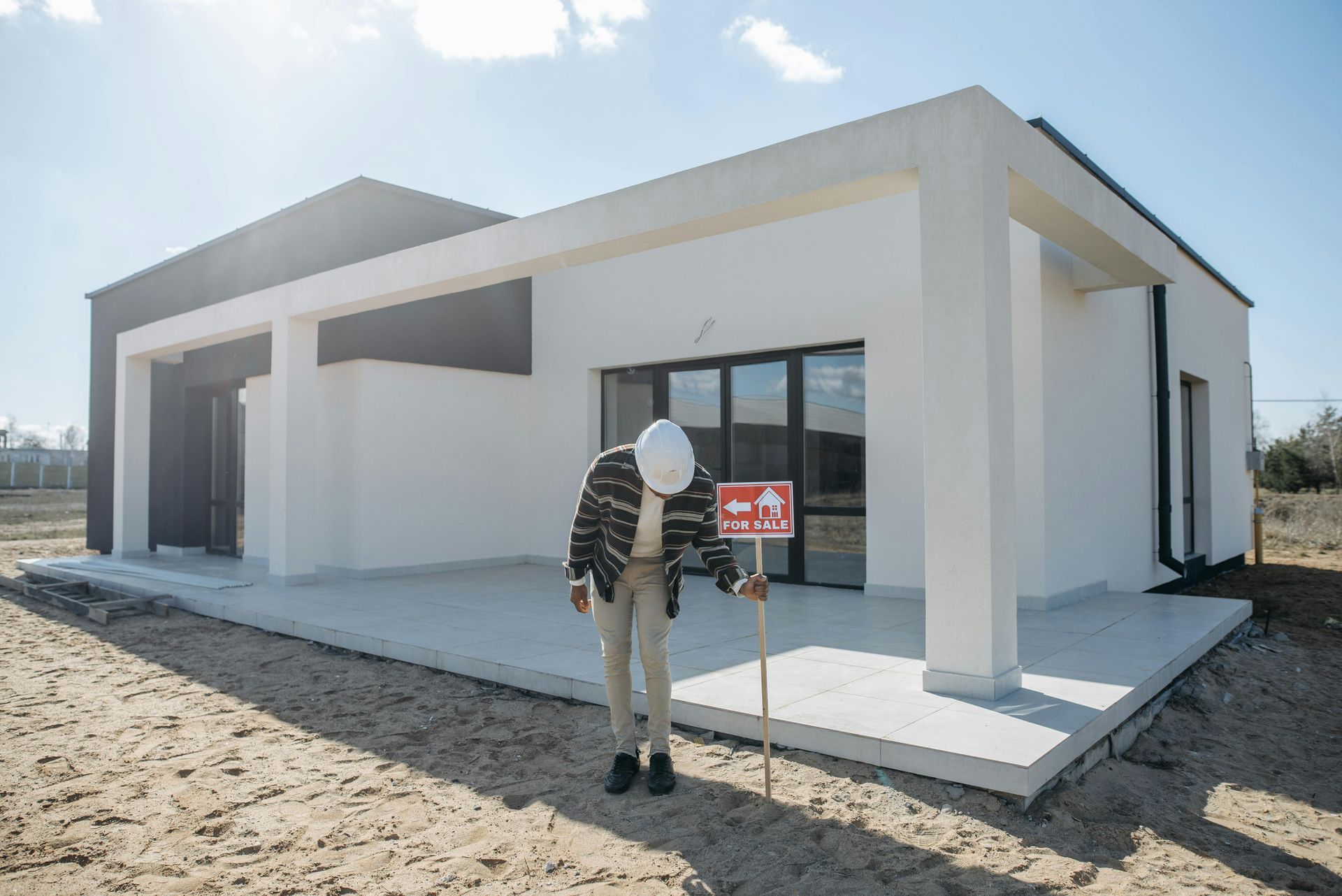Short-Term Rental Regulations in Charleston, South Carolina
Short-Term Rental Regulations in Charleston, South Carolina
Short Term Rental Ordinance Homeowners Should Know

Charleston, South Carolina, with its rich history, stunning architecture, and vibrant coastal atmosphere, is a prime location for short-term vacation rentals (STRs). For property owners interested in buying a vacation rental property and entering the STR market, however, understanding and adhering to the city’s strict regulations is essential. At Home Team Vacation Rentals, we help homeowners navigate Charleston’s STR regulations, ensuring compliance while maximizing their property’s potential.
This guide breaks down the key aspects of Charleston’s short-term rental regulations and what you, as a homeowner, need to know to operate legally and avoid penalties.
Overview of Charleston’s Short-Term Rental Regulations
Charleston’s regulations are designed to balance the increasing demand for vacation rentals with the needs of local residents. These rules aim to prevent the adverse impacts of STRs, such as overcrowding and noise, while maintaining Charleston’s historic character. To operate a short-term rental legally, property owners must follow city ordinances related to zoning, occupancy, safety, and permit requirements.
The key to compliance is understanding that the city views STRs as a supplemental income option for homeowners rather than a business for investors. Therefore, properties eligible for STR permits must meet strict conditions, including being owner-occupied and adhering to district-specific rules.
Key Elements of Charleston’s Short-Term Rental Regulations
| Regulation | Requirement | Source |
|---|---|---|
| Occupancy Limits | Max 4 adults per STR unit, regardless of property size | Charleston STR Ordinance |
| Parking Requirements | 1 off-street parking space per bedroom (rules vary by district) | Charleston Zoning Ordinance |
| Fire and Safety Standards | Smoke detectors, fire extinguishers, and emergency exits | Charleston Fire Safety Code |
| Responsible Party | Local contact must be available 24/7 and respond within 30 minutes | Charleston STR Ordinance |
| Penalties for Non-Compliance | Fines, permit revocation for repeated violations | Charleston STR Ordinance |
Occupancy Limits: Understanding the Restrictions
Charleston imposes a strict limit of four adults per STR unit, regardless of the size or number of bedrooms in the property. This rule is in place to prevent overcrowding, which can lead to disruptions in quiet residential neighborhoods and strain on local resources.
Even if a property has multiple bedrooms or additional living spaces, the maximum number of adult guests allowed per rental is four. However, this limit applies only to adults aged 18 and over. Families with children are allowed to exceed the limit, but the number of minors must still be reasonable given the space.
Why it Matters: Failing to adhere to these occupancy limits can result in fines and penalties. The city actively enforces these rules to protect the character of its residential areas, ensuring that short-term rentals do not overwhelm local communities.
Parking Requirements: Ensuring Adequate Space for Guests
Parking is a significant consideration in Charleston, where historic districts and densely populated areas already face parking challenges. To prevent guests from causing congestion or taking up public parking spaces, the city requires that each short-term rental provide at least one off-street parking space per bedroom rented.
Here’s how the parking requirements break down:
- Class 1 and Class 2 STRs (Old and Historic District and Old City District): These properties must provide one additional parking space per bedroom rented, beyond what is already required for the residential use. This means if you rent out two bedrooms in a historic home, you’ll need at least two additional parking spaces reserved for guests.
- Class 3 STRs (All other areas of the city): These properties must provide one parking space per bedroom rented, but the first bedroom rented is exempt from this requirement. For example, if you rent out two bedrooms, you need to provide one parking space.
Important Consideration: All required parking must be on the property and cannot be shared with other residential parking or located on the street. Non-compliance with parking rules can lead to permit denials or revocations.
Fire and Safety Standards: Protecting Guests and Properties
Charleston places a high emphasis on safety, requiring short-term rentals to comply with the same fire safety standards as permanent residences. Before you can operate an STR, your property must pass a fire safety inspection, ensuring it meets the following criteria:
- Smoke Detectors: All STR units must have functioning smoke detectors in each bedroom and on every floor of the property.
- Fire Extinguishers: You must provide at least one fire extinguisher per floor, which should be easily accessible to guests in case of emergency.
- Emergency Exits: Clear, visible signage indicating emergency exit routes is required, particularly for larger properties or homes with multiple levels.
Fire safety inspections are mandatory and must be completed before you receive your STR permit. This ensures that guests have the same level of protection as permanent residents.
Why Safety Matters: Failure to meet fire and safety standards can not only lead to hefty fines but also jeopardize the safety of your guests. Charleston is strict about enforcing these regulations, so it’s essential to ensure your property is fully compliant before renting.
Designating a Responsible Party: Rapid Response to Issues
As part of Charleston’s STR regulations, every short-term rental must designate a local responsible party to handle any issues that arise during the rental period. This individual must be available 24/7 and able to respond in person within 30 minutes of any complaints or emergencies, such as noise disturbances or property damage.
This rule helps minimize the impact of short-term rentals on the surrounding community, ensuring that problems are addressed quickly and professionally.
- Who Can Be the Responsible Party: The responsible party can be the property owner or another designated local contact. However, the key requirement is that they must be able to physically reach the property within 30 minutes in the event of an issue.
What Happens if Issues Aren’t Addressed: If the responsible party fails to respond to complaints in a timely manner, the property owner could face penalties, including fines or even the loss of their STR permit.
Fines and Enforcement: What Happens if You Don’t Comply
Charleston has a robust system for enforcing its short-term rental regulations, with dedicated staff and technology in place to monitor compliance. Here’s what you need to know about enforcement:
- Penalties for Violations: Violations of zoning, noise, or refuse ordinances can result in fines of up to $500 per incident. Repeat violations, such as failure to adhere to occupancy limits or parking requirements, can lead to permit revocation or suspension.
- Court Summons: For more serious or repeated violations, homeowners can be issued a court summons. The city does not "grandfather" in illegal short-term rentals, meaning that operating without a permit or violating regulations will result in enforcement actions.
Why Enforcement Matters: Charleston’s goal is not just to collect fines but to ensure that STRs operate within the legal framework and don’t negatively impact local neighborhoods. Strict enforcement helps maintain the balance between tourism and residential life.
State-Level Regulations and Tax Obligations for Charleston STR Owners
In addition to adhering to local Charleston ordinances, short-term rental owners must comply with state-level regulations, particularly concerning tax obligations. South Carolina requires STR operators to collect and remit a variety of taxes, including the accommodations tax, which applies to any rental of fewer than 30 consecutive days.
Property owners are responsible for ensuring that these taxes are properly collected and submitted, even if a property manager is handling the rental. According to Charleston’s official guidelines, “Even if you hire a property manager, you as the property owner are ultimately responsible for collecting these taxes from the renters and submitting them to the appropriate state and local agencies” ("Applicable Fees").
To learn more about taxes and vacation rental management, read our article "Taxes on Vacation Rental Income: What To Know Before Listing Your Property"
Applicable Taxes for STRs in Charleston
Short-term rentals in Charleston are subject to several taxes, which must be collected from guests and remitted to the state and city authorities. The primary taxes include:
- State Accommodations Tax (2%): This tax is applied to the rental income generated from short-term stays of less than 90 days.
- Local Accommodations Tax: Charleston County imposes an additional 2% accommodations tax on STR income, bringing the total tax burden on short-term rentals to 4%.
- State Sales Tax (6%): Like many other states, South Carolina also applies a sales tax to short-term rental income.
- Additional Local Taxes: Depending on the exact location of your property, there may be other local taxes, including hospitality and local option sales taxes.
Failure to collect and remit these taxes can result in back taxes, fines, and other penalties. Property owners are encouraged to stay informed about their tax obligations by regularly checking with the South Carolina Department of Revenue and the Charleston County Finance Department.
Obtaining a Business License and Operational Permit
To legally operate a short-term rental in Charleston, property owners must obtain both a business license and an operational permit. The business license is issued by the city’s Department of Revenue Collections, while the operational permit is granted by the Department of Planning, Preservation, and Sustainability after all zoning and safety requirements are met.
According to Charleston’s STR guidelines, the permit process involves multiple steps:
- Application Submission: Property owners must submit their completed application and required documentation, including a site plan, parking information, and fire safety reports.
- Zoning Review: The city reviews the application to ensure compliance with zoning laws, which are essential in protecting Charleston’s historic districts.
- Fire Safety Inspection: Once zoning approval is granted, a fire safety inspection is required to ensure that the property meets all safety standards ("Residential STR App 12.07.2023").
Important Note: The business license must be renewed annually by April 30, while the operational permit must be renewed one year from the original date of issuance ("Applicable Fees"). Failure to renew either document on time can result in fines or suspension of the short-term rental permit.
Compliance Tips for Charleston STR Owners
Operating a short-term rental in Charleston is not just about providing great hospitality. Property owners must take several steps to ensure they remain compliant with local and state regulations. Here are key tips to help homeowners avoid costly penalties and ensure a smooth STR operation:
- Stay Updated on Regulations: Charleston’s short-term rental laws are subject to change as the city adapts to the evolving STR market. Regularly check the Charleston government website or subscribe to city newsletters to stay informed of any updates.
- Maintain Safety Standards: Charleston’s fire and safety codes are strictly enforced, so make sure your property undergoes regular inspections. Keep smoke detectors, fire extinguishers, and emergency signage up to date.
- Display Your Permit Number: When advertising your STR on platforms like Airbnb or Vrbo, you must display your operational permit number in the listing description. This is required under city law to ensure transparency and compliance.
- Track Your Tax Obligations: Stay on top of accommodations and sales taxes by using accounting software or professional services. Airbnb and Vrbo may collect and remit these taxes on your behalf, but for direct bookings, you are responsible for remitting them to the appropriate agencies.
Understand HOA and Neighborhood Rules
In addition to city regulations, homeowners in Charleston must also adhere to any rules imposed by homeowners associations (HOAs) or neighborhood covenants. Some HOAs have stricter rules than city ordinances, such as additional restrictions on occupancy limits, noise control, or parking.
Before listing your property as a short-term rental, it is crucial to check your HOA’s guidelines to ensure that you are in full compliance. Violating HOA rules can result in fines, legal action, or the suspension of your rental activity.
What Happens if You Don’t Comply?
Charleston has a strong enforcement protocol to ensure that short-term rental operators follow the rules. Non-compliance can result in significant penalties, including:
- Fines: Repeat violations of zoning, parking, or noise ordinances can lead to fines of up to $500 per incident.
- Permit Revocation: Charleston operates on a three-strike rule for zoning and safety violations. After three citations, your STR permit can be revoked, and the property will no longer be eligible for short-term rental use for at least two years ("Residential STR App 12.07.2023").
- Court Summons: For severe violations, homeowners can receive a court summons, resulting in additional legal consequences.
As stated by Daniel Riccio, director of livability for the city of Charleston, “Complaints have reduced with parking, noise, trash, all of it since enforcement began” (Baldwin). Charleston’s strict enforcement approach is designed to ensure that STRs operate smoothly and without disrupting the quality of life in residential areas.
Work with Home Team Vacation Rentals
At Home Team Vacation Rentals, we specialize in managing all aspects of short-term rental compliance for property owners in Charleston. From obtaining the necessary permits to handling fire safety inspections and tax remittance, we take the guesswork out of vacation rental management for Charleston properties.
Our full-service vacation rental management (and Airbnb management services) ensures that your property stays compliant with Charleston’s evolving regulations while maximizing profitability. We manage everything from guest communication to dynamic pricing strategies, so you can focus on enjoying the benefits of owning a short-term rental without worrying about the complexities of the law.
Partner with Us Today
Whether you are an experienced property owner or just entering the short-term rental market, Home Team Vacation Rentals can help you navigate Charleston’s regulatory landscape. Contact us today to learn more about our comprehensive STR management services in South Carolina, or visit our Charleston-specific vacation rental management page to get started.
Works Cited
- Baldwin, Skyler. “Charleston’s Short-Term Rental Restrictions Become New Standard.” Charleston City Paper, 16 June 2023, https://charlestoncitypaper.com/2023/06/16/charlestons-short-term-rental-restrictions-become-new-standard/.
- City of Charleston. “Applicable Fees.” City of Charleston, https://www.charleston-sc.gov/1855/Applicable-Fees.
- City of Charleston. “Residential Short Term Rental Application.” City of Charleston, 7 Dec. 2023.
Categories: Charleston, Investor, South Carolina



